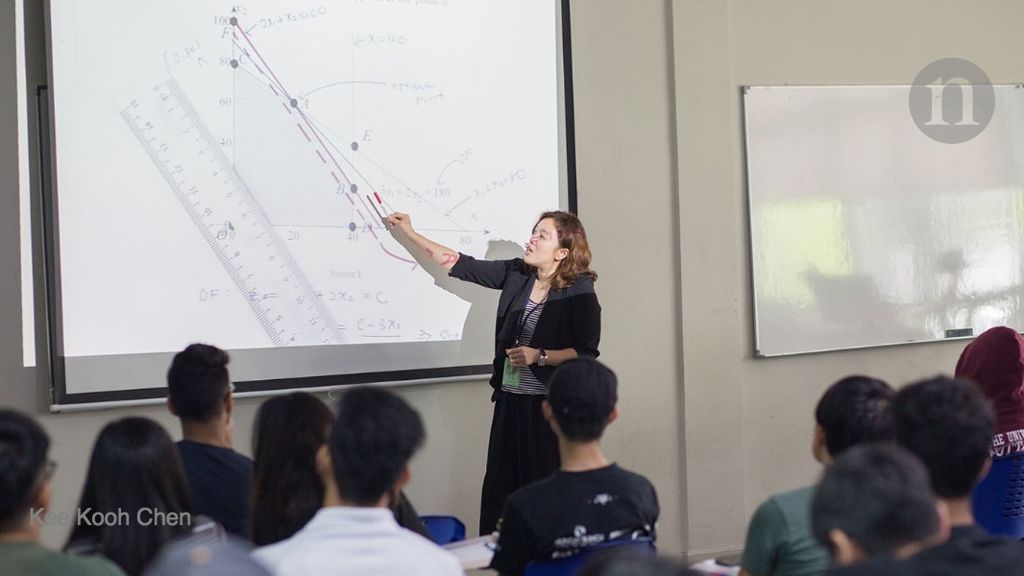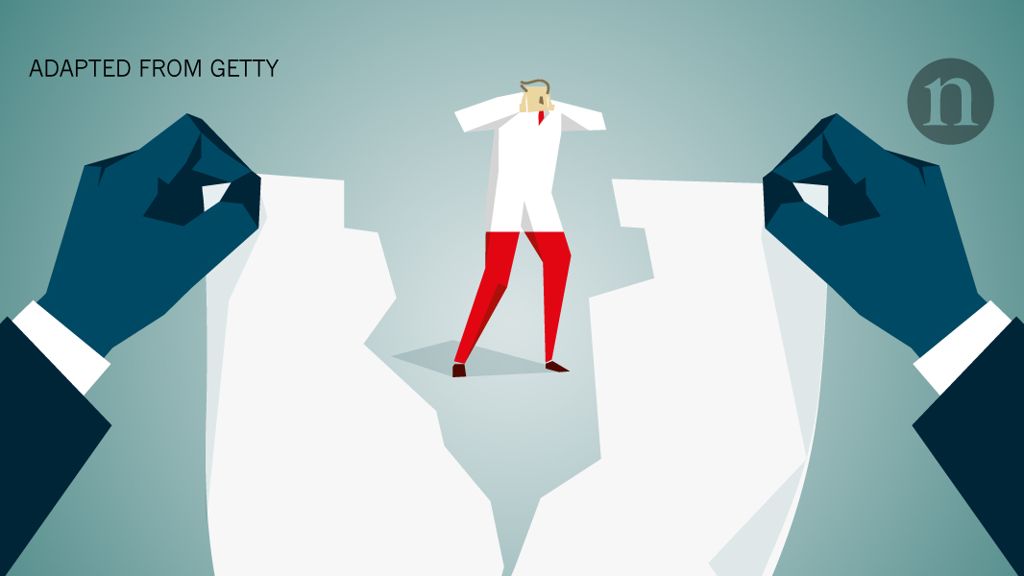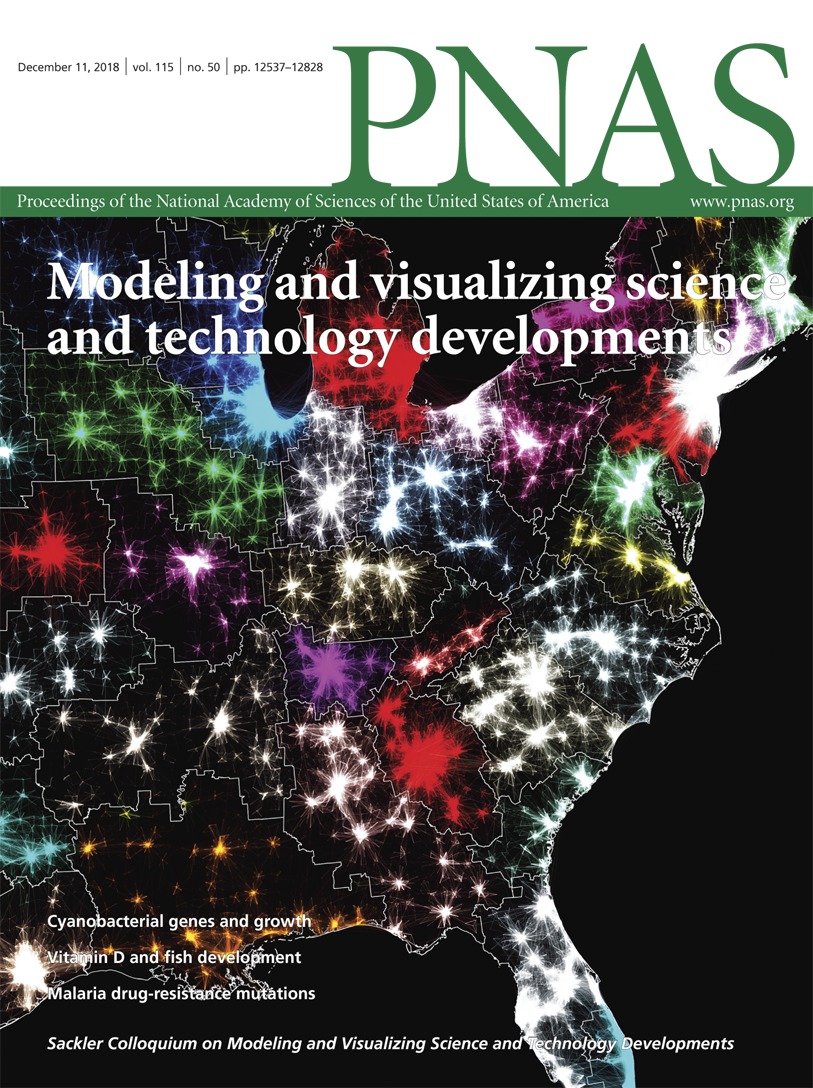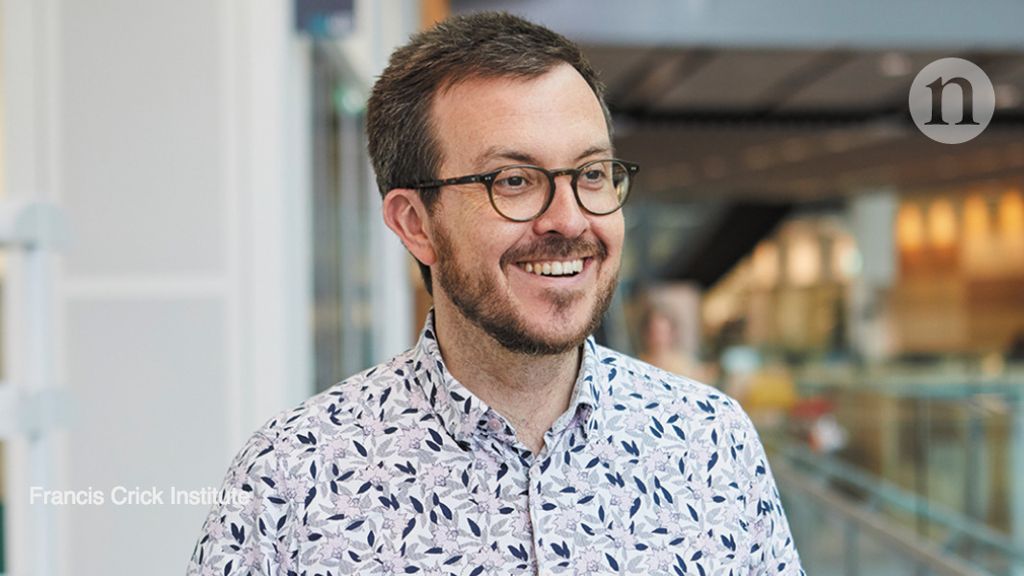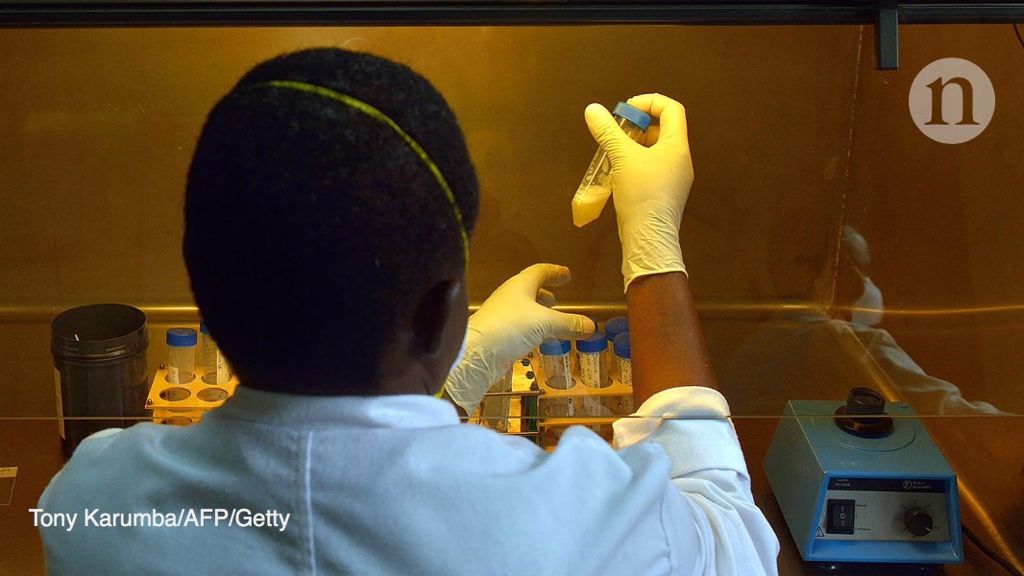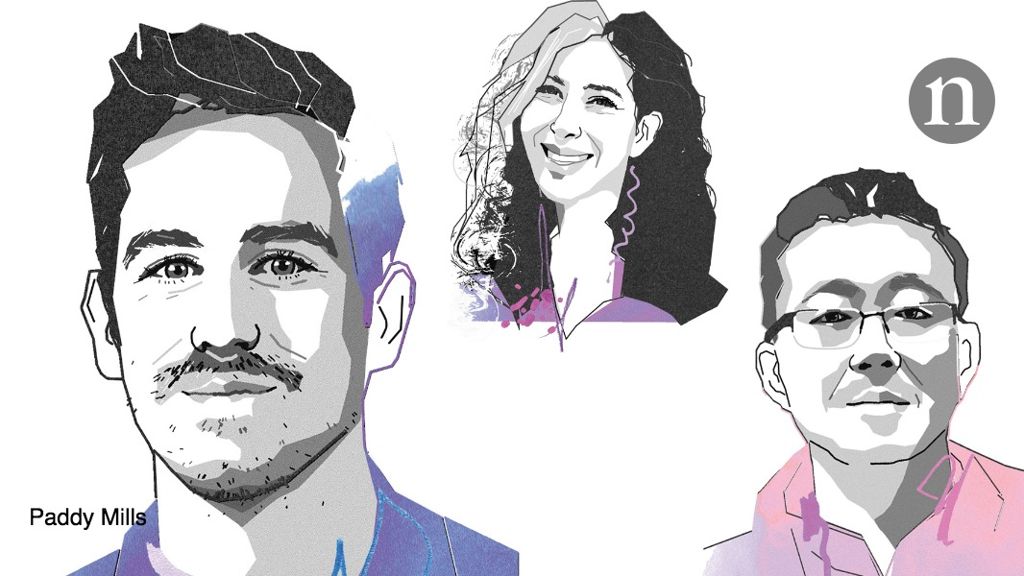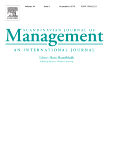Where Do Our Graduates Go? A Toolkit for Retrospective and Ongoing Career Outcomes Data Collection for Biomedical PhD Students and Postdoctoral Scholars
Where Do Our Graduates Go? A Toolkit for Retrospective and Ongoing Career Outcomes Data Collection for Biomedical PhD Students and Postdoctoral Scholars
Universities are at long last undertaking efforts to collect and disseminate information about student career outcomes, after decades of calls to action. Organizations such as Rescuing Biomedical Research and Future of Research brought this issue to the forefront of graduate education, and the second Future of Biomedical Graduate and Postdoctoral Training conference (FOBGAPT2) featured the collection of career outcomes data in its final recommendations, published in this journal (Hitchcock et al., 2017). More recently, 26 institutions assembled as the Coalition for Next Generation Life Science, committing to ongoing collection and dissemination of career data for both graduate and postdoc alumni. A few individual institutions have shared snapshots of the data in peer-reviewed publications (Mathur et al., 2018; Silva, des Jarlais, Lindstaedt, Rotman, Watkins, 2016) and on websites. As more and more institutions take up this call to action, they will now be looking for tools, protocols, and best practices for ongoing career outcomes data collection, management, and dissemination. Here, we describe UCSF's experiences in conducting a retrospective study, and in institutionalizing a methodology for annual data collection and dissemination. We describe and share all tools we have developed, and we provide calculations of the time and resources required to accomplish both retrospective studies and annual updates. We also include broader recommendations for implementation at your own institutions, increasing the feasibility of this endeavor.

